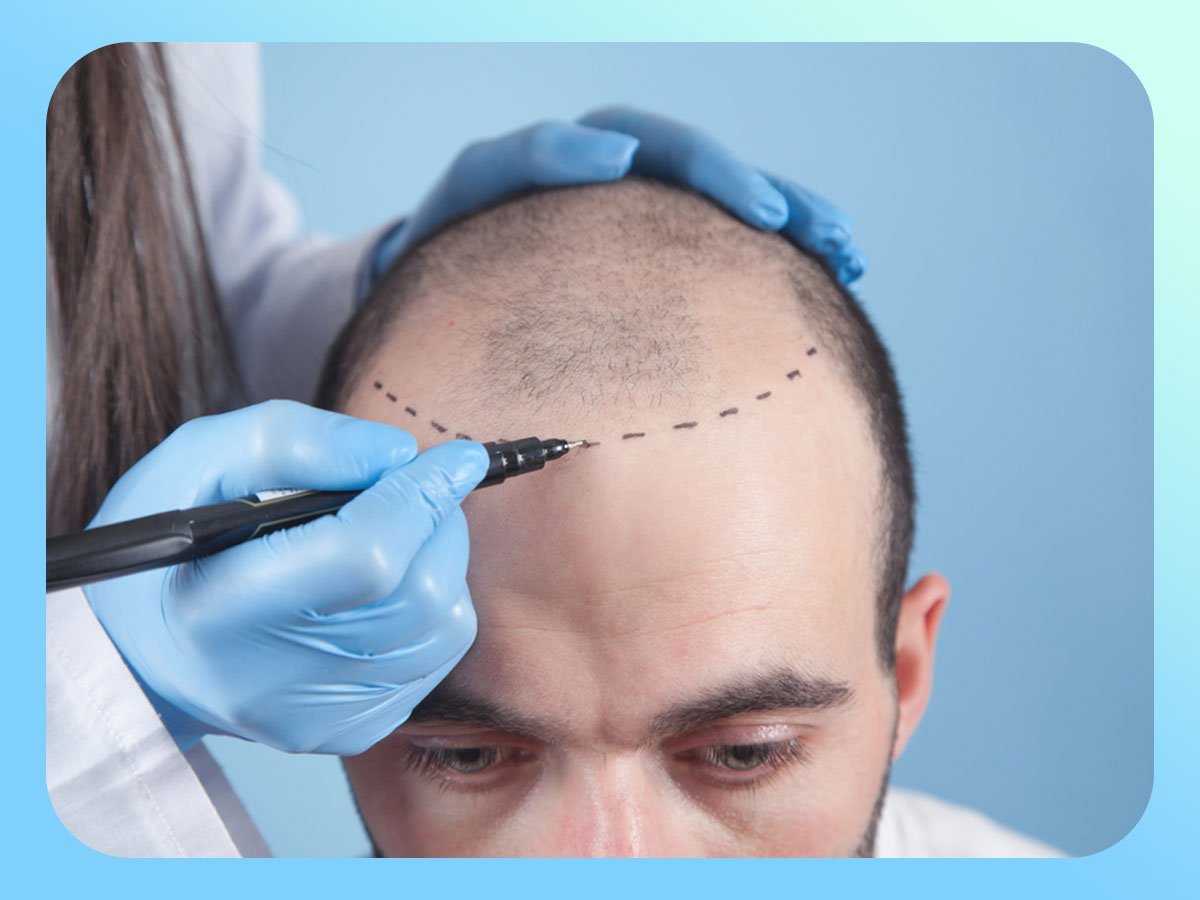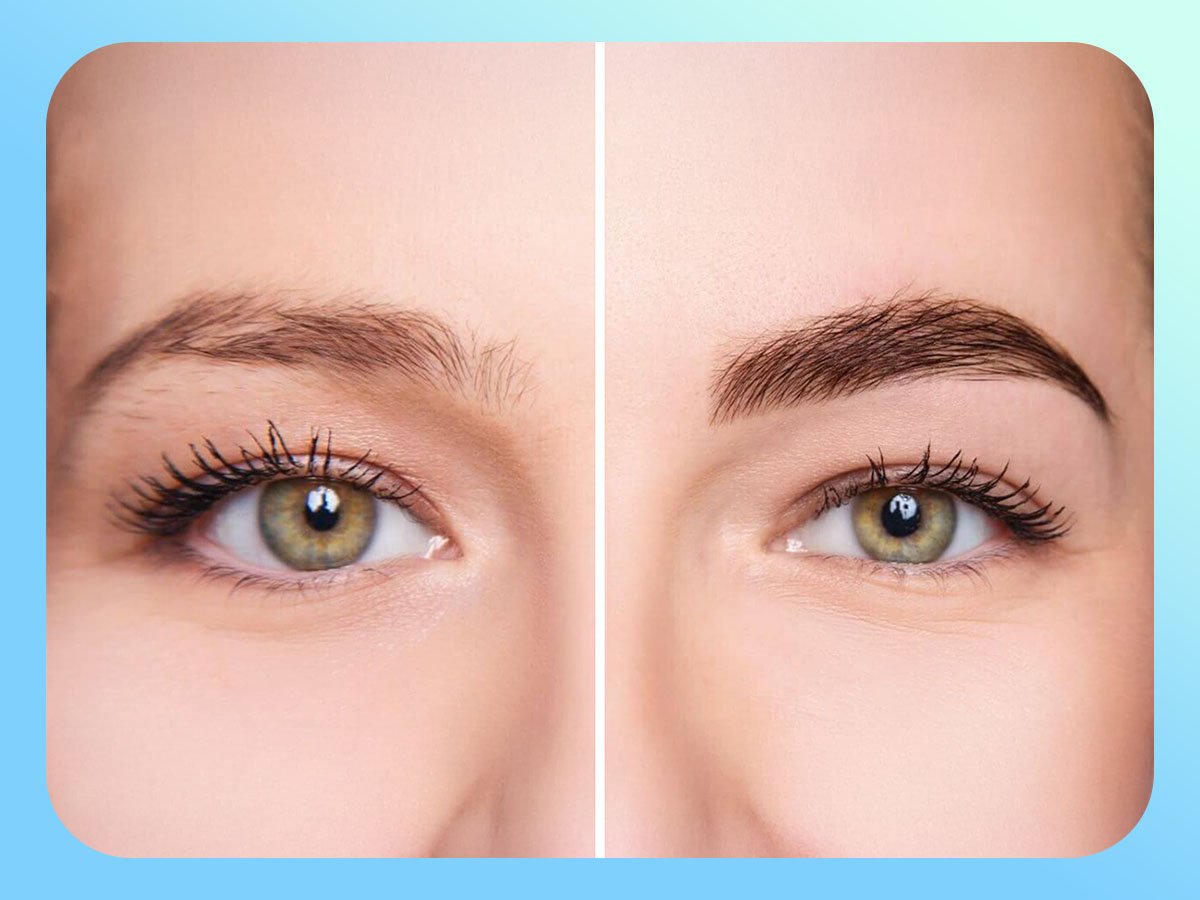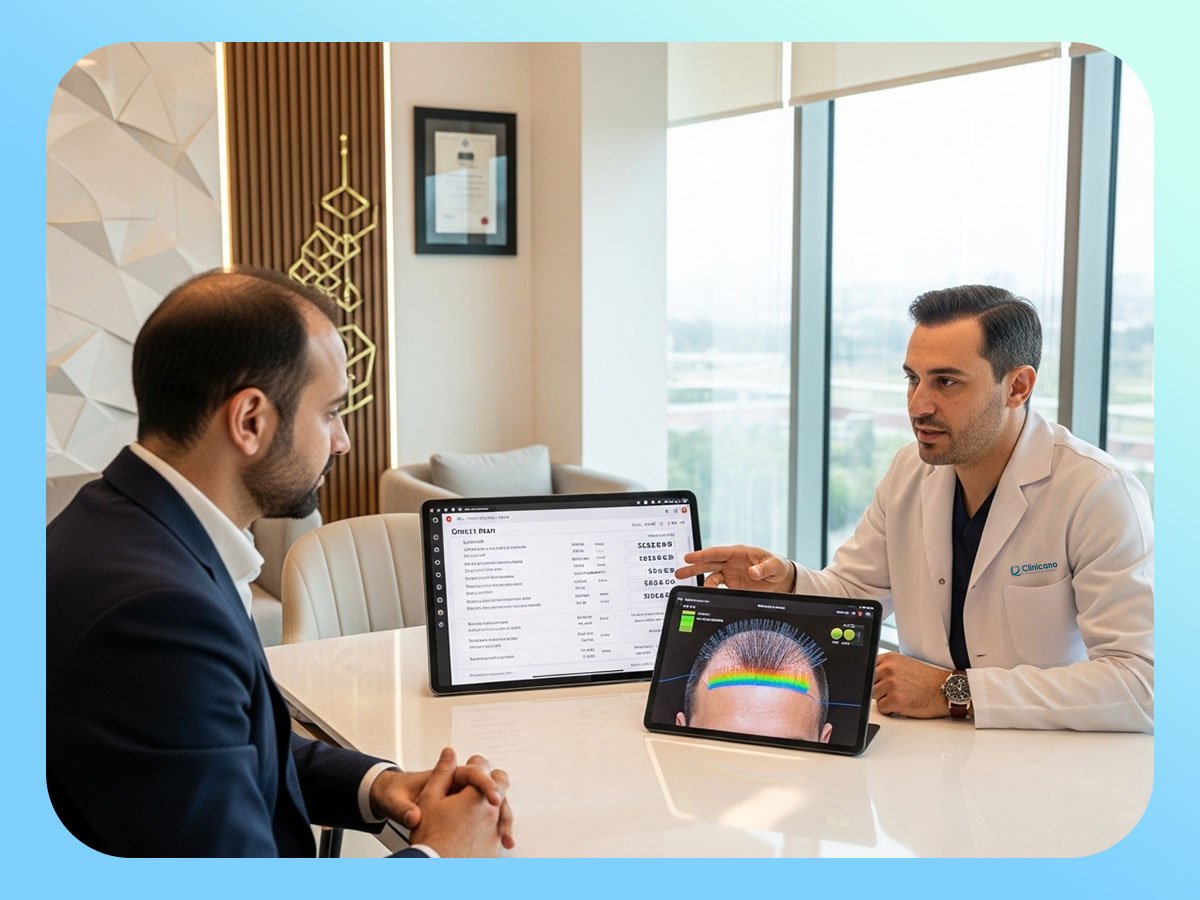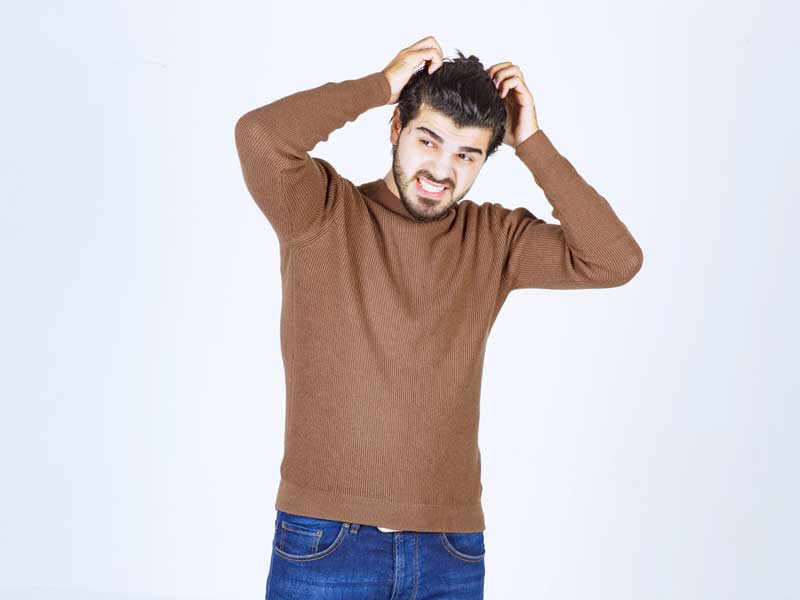Seborrheic dermatitis & hair loss: why it happens and how to stop It
Does seborrheic dermatitis cause hair loss? This is a disease that affects skin, mainly on face and head. It is not a contagious illness, but unfortunately, it is chronic, since its causes are not exactly known and there is no definitive cure. Also, it´s a more common pathology than it´s usually believed. The good news is that generally doesn’t cause hair loss; however, alopecia can be a consequence of this ailment, in some cases.
There are lots of queries for our clinic coming from people interested in the cost of hair implants; and sometimes patients ask a question: “I have seborrheic dermatitis, is my hair going to fall out?”, or “Is there a relationship between seborrheic dermatitis and alopecia?” We want to answer these questions, and talk on the causes and treatment of this common disease.
Definition of seborrhoeic dermatitis
What is seborrheic dermatitis? As we have said, it is a chronic disease that causes inflammation of skin, mainly on face and scalp, although it can also affect other body areas such as ears, nose, eyebrows… Common symptoms include reddened and irritated skin, causing itching, flaking and, in many cases, the appearance of scabs and an excess of sebum production.
Many patients initially mistake this flaking for dandruff; some of its symptoms can also be confused with other ailments, such as atopic dermatitis, psoriasis or rosacea: therefore, its diagnosis is not always easy, and a biopsy may be necessary. Other characteristics of this condition is that it manifests itself in cycles of activity, in which itching can be quite severe, with others of inactivity, where this and other symptoms remit.
This disease usually manifests itself in adulthood, especially between 30 and 50 years, and more in men than in women, although seborrhoeic dermatitis in children may also occur up to 4 months of age (it is the so-called cradle cap, which normally disappears after one year). However, with proper treatment, seborrhoeic dermatitis symptoms decrease, and can even disappear for long periods of time.
As for its causes, there is no scientific consensus on this illness, but it seems to be caused by a combination of several risk factors, such as the existence of autoimmune diseases, a poor diet, hormonal alterations, lack of hygiene, oily skin, nervous system problems and stress, and genetic factors. Several studies also point as a possible cause to Malassezia furfur, a type of fungus which proliferates on the scalp, because it feeds on sebum.
Is hair loss from seborrheic dermatitis permanent?
First of all, we should ask another question: does seborrheic dermatitis cause hair loss? The truth is that there is no scientific evidence pointing to a direct relationship between seborrheic dermatitis and hair loss, neither in the medium nor in the long term, despite this being a common belief among many patients. In extreme cases in which the disease progresses and does not receive any treatment, hair loss can occur indirectly; however, any hair loss that occurs as a result of seborrheic dermatitis is usually reversible.
The reason behind cases of hair loss is that the excessive secretion of sebum produced by seborrheic dermatitis can suffocate hair follicles, due to the accumulation of oil on scalp; and if this problem is not correctly treated, the hydrolipidic balance – that is, the proportion between water, sebum and sweat – in the scalp becomes altered, affecting hair growth and causing it to fall out. This is precisely what happens in the so-called seborrheic alopecia.
Can you cure seborrhoeic dermatitis?
Different treatments for seborrheic dermatitis of the scalp can be applied. It is common to use a shampoo or a cream – prescribed by a doctor – containing corticosteroids, in order to slow skin inflammation. Although these products against seborrheic dermatitis are quite effective, they should not be abused due to their side effects.
Topical antifungals for seborrhoeic dermatitis – such as creams, shampoos or gels – combined with other medications, can also be prescribed. Natural remedies for seborrheic dermatitis do also exist; a natural treatment for seborrhoeic dermatitis on scalp symptoms usually includes therapies using tea tree oil, Aloe vera gel, or Omega-3 fatty acid supplements. However, the effectiveness of these treatments has not been properly verified, so they are not the best treatment for seborrhoeic dermatitis on scalp; and, in any case, they should be used only after consultation with a specialist.
Beyond any treatment, it is very important to prevent symptoms by keeping scalp hydrated, avoid direct impact of the sun on skin, maintaining a good hair hygiene, using a shampoo for sensitive skin, and avoiding excessive sweating during the active cycles of seborrhoeic dermatitis.
In the end, if hair loss due to seborrhoeic dermatitis occurs, a hair transplant can be a solution once the appropriate treatment against the disease has been applied. The most important thing if we suffer from seborrheic dermatitis is to identify its symptoms, and make an early diagnosis. Clinicana is the best hair transplant clinic in Turkey, and we are specialists in all hair treatments: request your free consultation now, and ask for a free, no obligation estimate.

Let’s be honest — seeing your hairline creep back a little more each year can be frustrating. A receding hairline isn’t just about looks; it can hit your self‑confidence hard. You may catch yourself avoiding mirrors, skipping photos, or Googling late‑night solutions. If that sounds familiar, you’re definitely not alone. Hairline loss affects millions of […]

Eyebrows are the architecture of the face. A subtle arch can lift the eyes, while a full, soft brow can take years off your appearance. But for many women, achieving this look is a daily struggle involving pencils, powders, and microblading sessions that fade too quickly. In 2026, the conversation has shifted. It is no […]

For over a decade, Istanbul has undisputedely held the crown as the global capital of hair restoration. In 2025 alone, hundreds of thousands of men traveled to Turkey, drawn by the promise of premium results at a fraction of European prices. However, if you are planning your trip in 2026, you might have noticed a shift: […]








